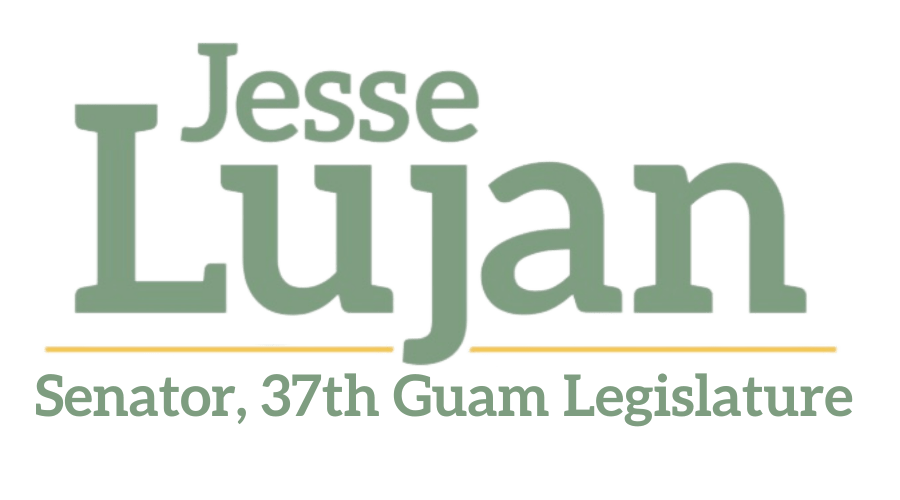Lack of clarity was among the concerns discussed at Monday’s public hearing on Bill 49-37, a measure intended to impose harsh punishments against adults who negligently or intentionally distribute narcotics to minors and certain others.
Introduced by Sen. Thomas Fisher, Bill 49 is an answer to the fentanyl problem happening in the United States. In the words of its author, the bill is meant to be a “hammer” in the “war on fentanyl.”
Fentanyl and other synthetic opioids are a major contributor to a growing number of overdose deaths in the U.S. Fentanyl can be prescribed legally, but according to the Centers for Disease Control and Prevention, illicitly produced fentanyl is commonly mixed with other drugs and can be extremely dangerous because it is nearly impossible to detect without testing.
But Bill 49 isn’t specific to fentanyl.
Instead, it would make it illegal for any person to negligently, recklessly, knowingly or intentionally deliver or dispense a Schedule I or Schedule II controlled substance to anyone under 18 years of age, except as authorized by law.
Moreover, if an adult is found guilty of violating the law by negligently, recklessly, knowingly or intentionally distributing a controlled substance that is a narcotic to a person younger than 18 years old, a pregnant person or a person suffering from mental illness, disease or defect, that individual shall be sentenced to 20 years in addition to any other punishment prescribed in law, according to Bill 49.
That sentence becomes life if the victim dies or suffers a serious injury.
‘Who should be arrested, who should be prosecuted’
Heather Zona, acting chief prosecutor for the Office of the Attorney General, said prosecution would be clear in situations where parents are abusing drugs or if an adult gives illegal drugs to a minor.
But it is less clear in other cases, such as when a grandfather asks his minor grandson to fetch opioid pain medication, or if someone is in legal possession of oxycodone and a house sitter’s teenage children find the medicine, even though the house sitter did not know it was there and the owner may not have known that teenagers would be in the home, Zona said, adding that it would be unclear who should be prosecuted in those examples.
“I would encourage the Legislature to consider the unintended consequences of this proposed law because it may actually make it difficult for us to prosecute cases,” Zona said.
“While the proposed changes to the law are well-intentioned, they will make our job as law enforcement harder because it can be unclear who should be arrested, who should be prosecuted,” she added.
Zona encouraged lawmakers to consider amending the bill to clarify that the law is designed to protect children by criminalizing the intentional or reckless provision of illegal drugs, as the measure covers various controlled substances, not just fentanyl, and has wide-ranging implications.
Lawmakers could amend existing penalties for child abuse, as it relates to the distribution of drugs to minors. Similarly, Guam’s homicide laws already allow for life sentences, but lawmakers could amend penalties when a minor’s death is due to an adult providing illegal drugs, she added.
John Morrison, deputy director of the Public Defender Service Corp., said he opposed Bill 49 for “many of the same reasons” that Zona described.
“We’re very concerned about the negligence standard. The negligence standard is incredibly low. It’s essentially as though someone made a mistake or an error. But it was an error that, in retrospect, should have been foreseeable,” Morrison said.
“I think as (acting) chief Zona put it, it’s going to potentially create situations where the grandparents who possessed the fentanyl could be charged with negligently distributing it, and people that didn’t know they had fentanyl at all … would be faced with these negligent type of mental state,” he added.
Attorney General Douglas Moylan said he believed a case brought under the provisions of Bill 49 might end up in the Supreme Court of Guam on appeal issues, and agreed with Zona’s position about updating child abuse statutes.
Meanwhile, the Division of Children’s Wellness under the Department of Public Health and Social Services supported Bill 49 and urged its passage.
Draconian ‘by intent’
Fisher commented that the bill is draconian “by intent” and is meant to protect children.
“This bill is not a negotiation with those who kill our children, at all. This bill intends to put people who negligently, recklessly, intentionally allow contact of fentanyl, and perhaps … other illicit drugs,” Fisher said. “You’re going to pay a consequence for it.”
Fisher has served as a prosecutor and defense attorney in the past, and acknowledged that negligence is easy to prove. He also said Monday that an argument could be made that a child was made to be in possession of morphine in a scenario where a grandfather asks his grandson to fetch the drug. But many times, prosecutors have had to use their discretion to determine which cases to prosecute, he added.
That’s not an easy task, but is nonetheless a prosecutor’s responsibility, Fisher said.
“I deeply respect a feeling of reluctance to incorporate the negligence standard, because ‘it was an accident.’ We understand that. Your accident had a consequence and that child is dead because of your accident,” the senator added.
But Fisher said he also wanted to ensure there was a buy-in with the OAG.
“Sen. (Jesse) Lujan used the idea of a markup. I welcome that enthusiastically. I would love to hear a way to improve the bill. And it’s going to require a lot of thought about this negligence standard,” Fisher added.
By: John O’Connor
Source: Guam Daily Post
